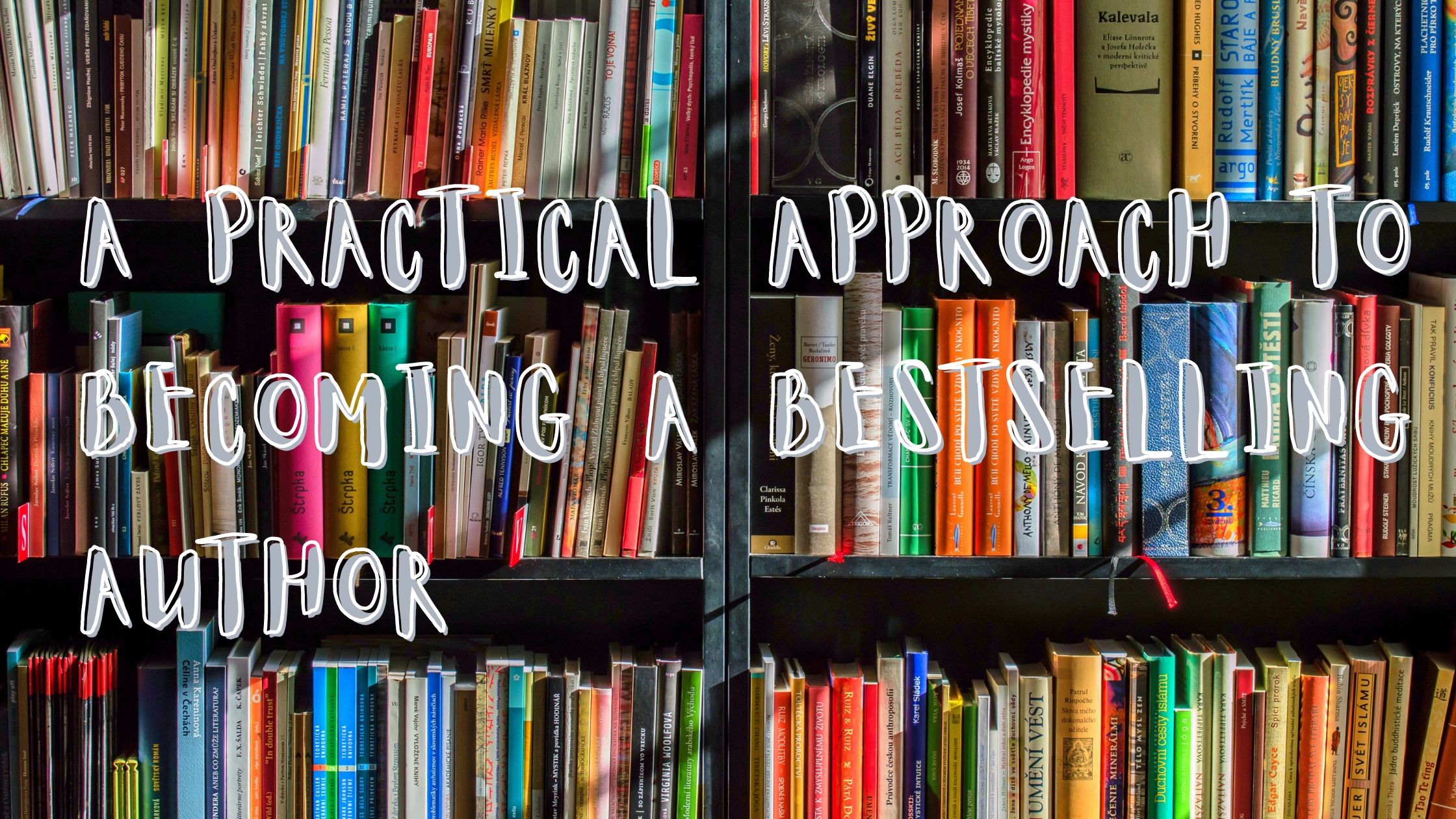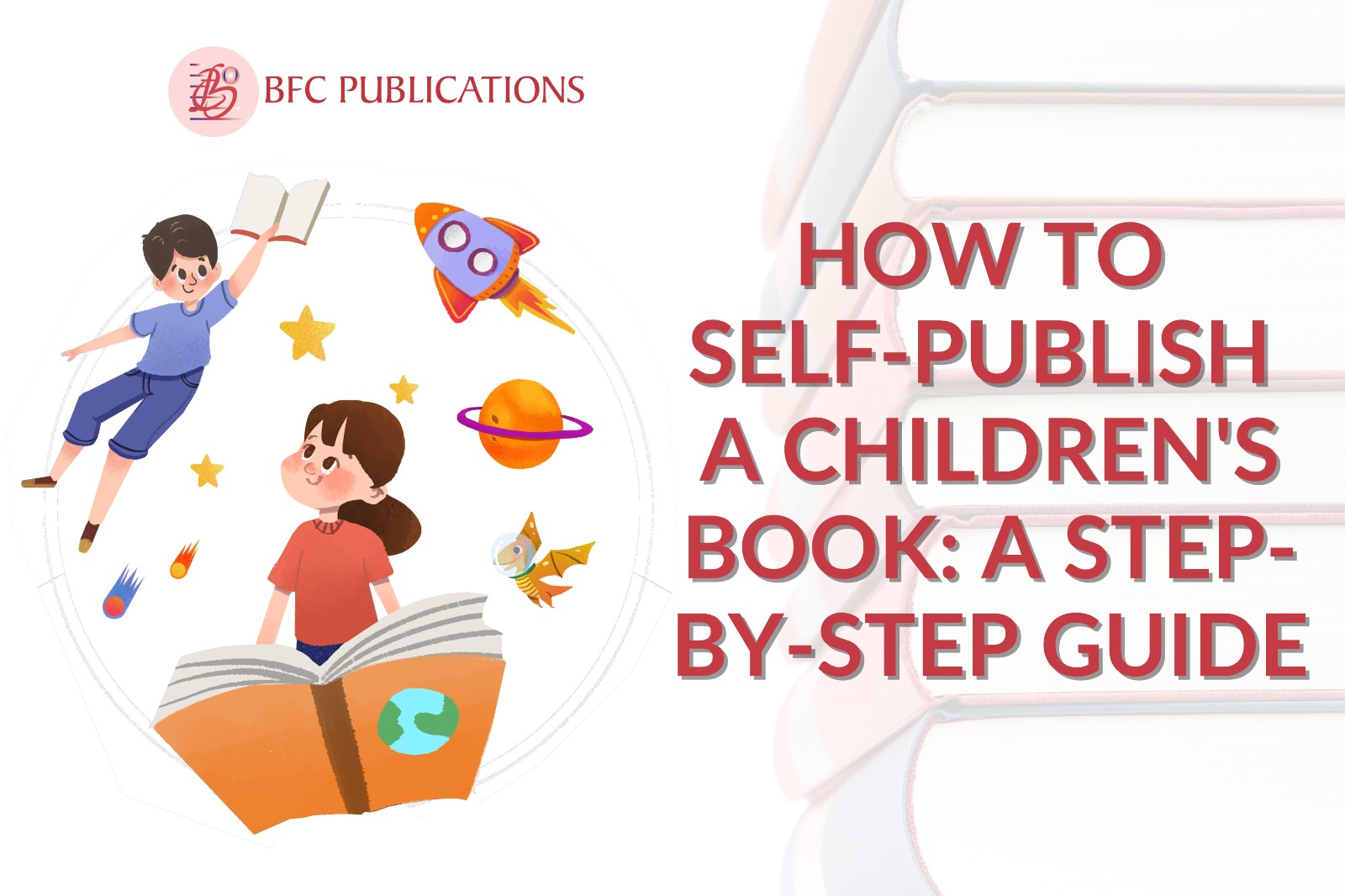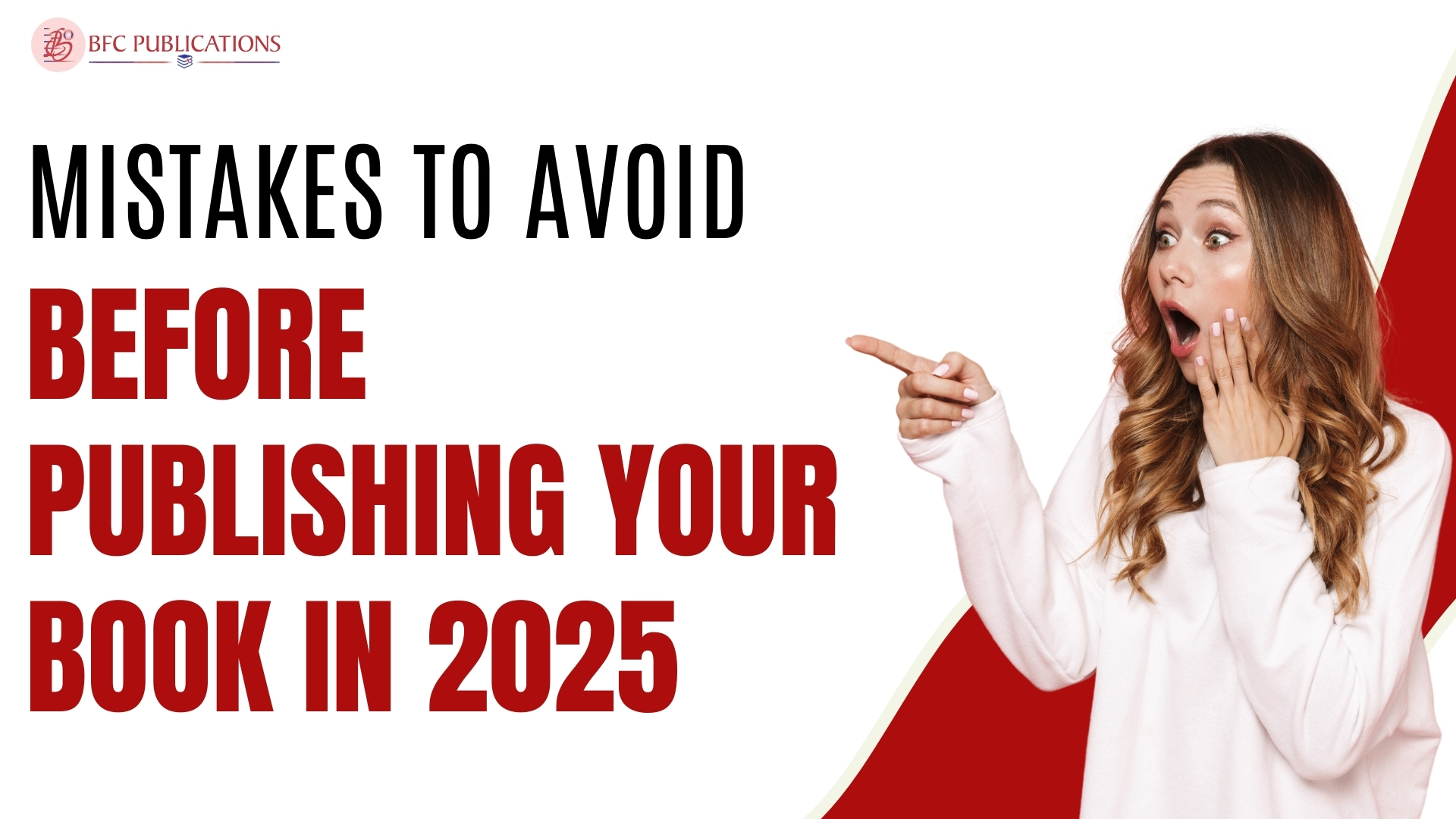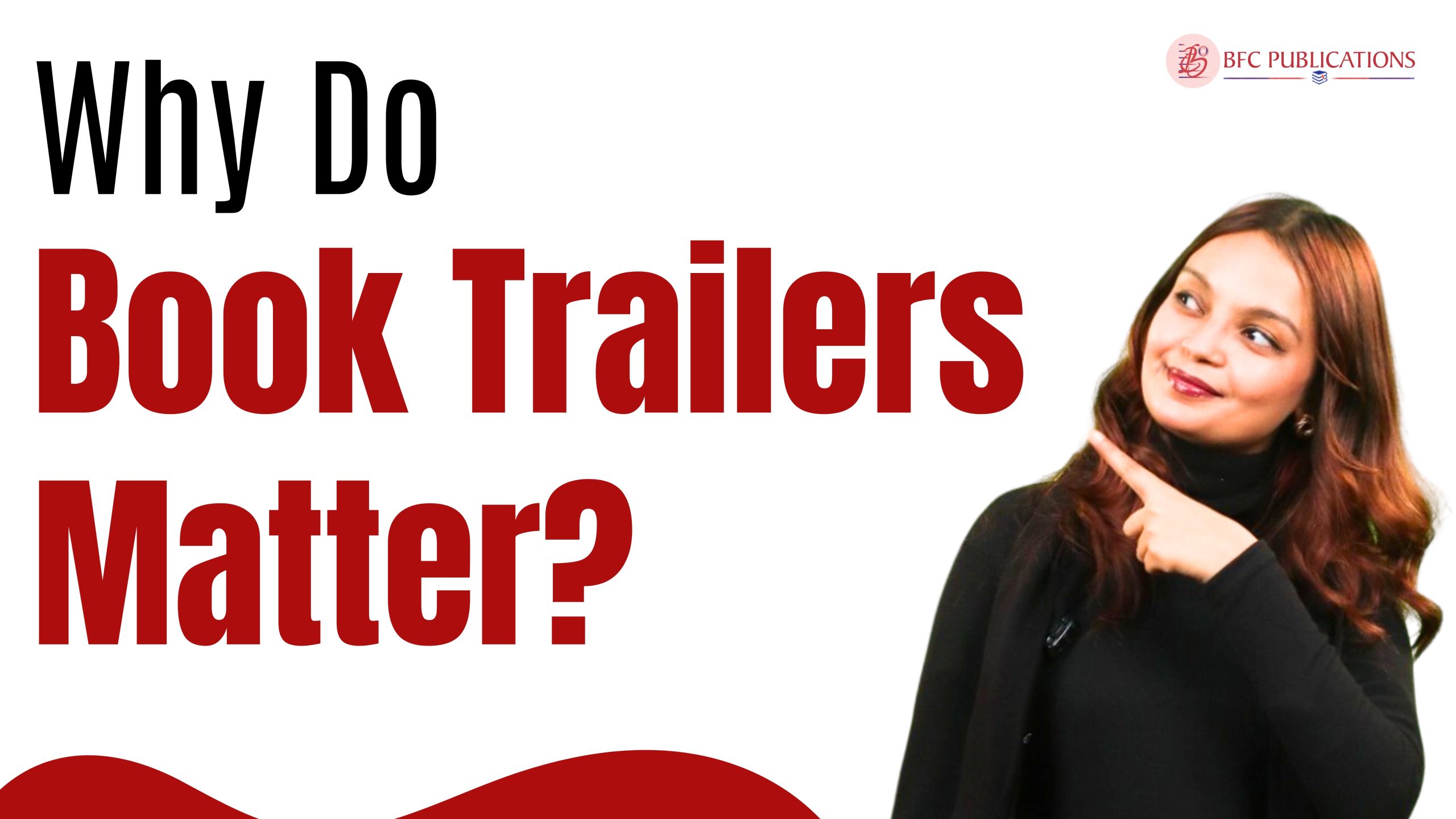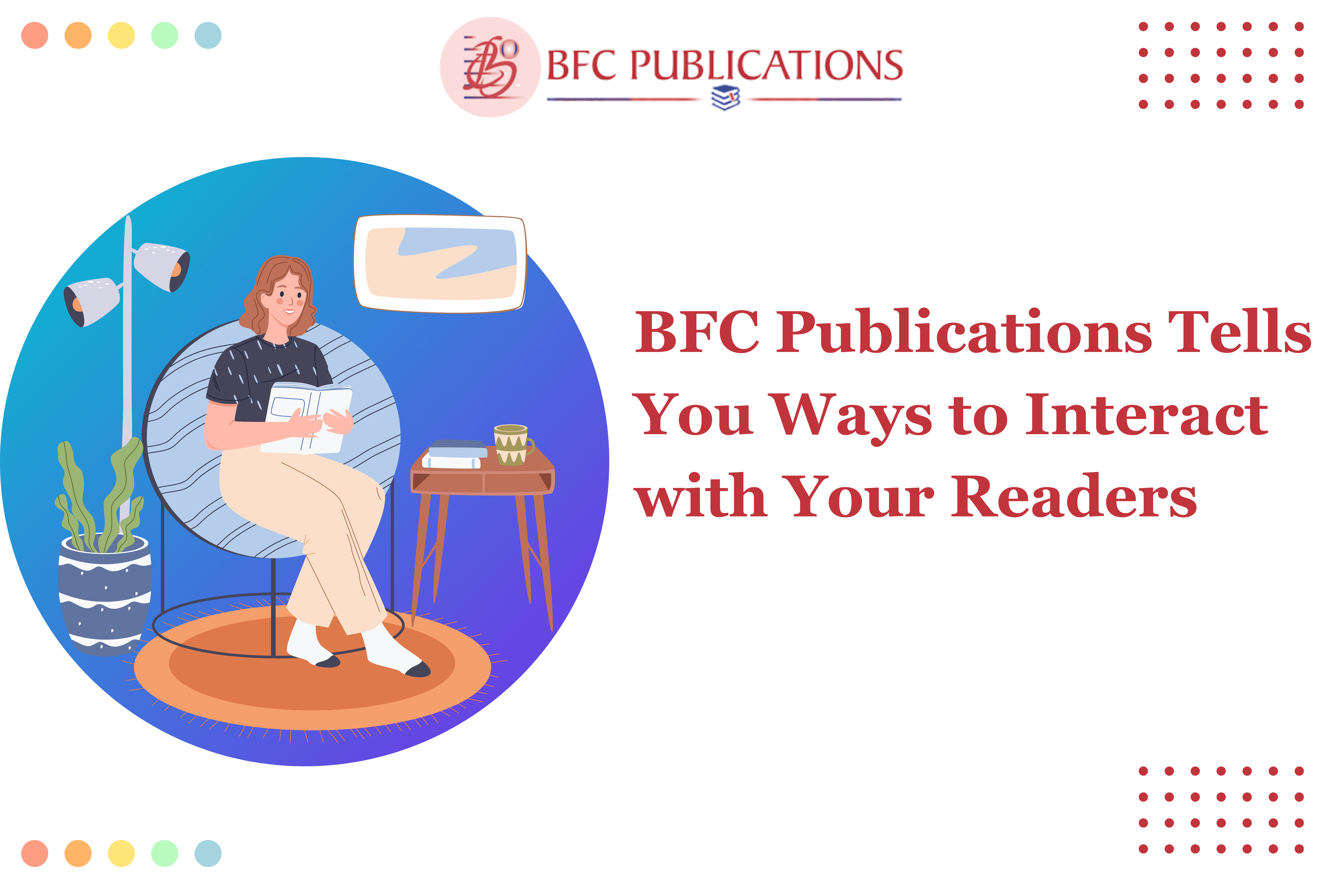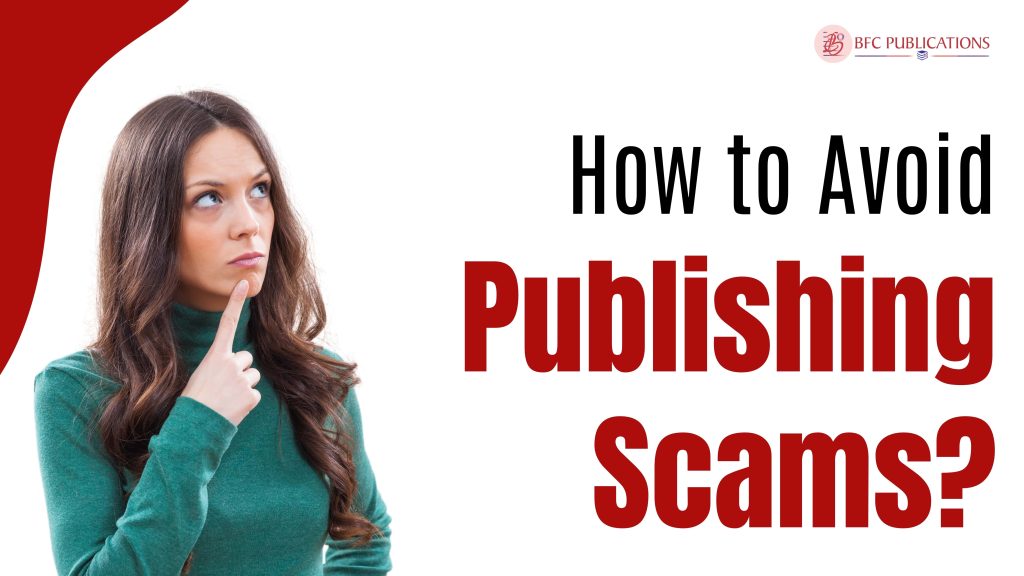
As a writer, you know how exciting it can be to publish your first work when you have poured hard work, passion, and dedication into creating ‘your baby’ or, should we call it, a ‘labor of love’. A poem or a book that you deeply care about—this feeling is indeed terrifying! However, like any other industry, the world is whole of people and organizations ready to take advantage of you through scamming.
Likewise, scamming is also common in the publishing industry. This blog aims to inform writers about things to watch out for to avoid potential fraud in publishing.
Table of content
A Writer’s Guide to Avoid Publishing Scams!
1. Fake Promises!
Over-the-top promises are huge red flags! Publishing has become easier than ever, with many options available, from traditional to self-publishing. Demand has grown, and so have the companies, even the fake ones. Many demand excessive fees in advance in exchange for making you successful overnight and boosting your sales.
Then, after you have paid the money, they vanish into thin air. No sign, no book, no sales—nothing. It is always important to be wary of unrealistic promises and to conduct proper background research to check the legitimacy of the publishers. Look for authentic reviews from professionals, authors, and users. Ask for advice from writing communities.
2. Beware of Vanity Publishers!
‘Vanity publishing’ or ‘subsidy publishing’ refers to publishers who charge fees for publishing books. The majority of vanity publishers are often considered scams. They charge you for editing, formatting, and printing, practice fake marketing promotions, and, along with poor service, result in lost contracts.
Vanity presses often target early-career authors, making them vulnerable to shallow offers that can harm their credibility as authors. A legit publisher does not charge money in advance; they pay royalty rates on book sales. Vanity publishers rely on flattery and deliver cheap-quality work in exchange.
3. Overpriced Services
In self-publishing, you are aware of the creative liberties of your book. Publishers handle the work of editing the manuscripts. However, many scammers misuse this to their advantage and trap authors in marketing services. They overcharge hefty amounts for basic, low-quality work, which is often hyped up and exaggerated. Such publishers can easily be identified by their low-grade editing and poor artwork illustrations.
4. Ethical Terms and Agreements!
Publishing houses draft terms and conditions for the contract for your book. So, before involving publishers, carefully reflect on and analyze the agreement. Publishing houses often manipulate clauses to their benefit, and authors don’t seem to notice.
Most of the time, these clauses are hidden behind low sales guarantees and unrealistic royalties distributions. Use a well-defined contract to protect your literary rights. Keep a record of communication and payments, if any. Always research the publishing process before agreeing to any terms.
5. Copyright!
As an author, you have rights to your work, even if you have not copyrighted it. However, not everyone is aware of that. Copyright provides additional benefits to others, such as claiming damages, retaining rights to their original work, etc. No one can claim your work as their own. Many scammers make a profit out of someone’s hard work by publishing it as their own on the pretext of lacking a copyright claim. So, the best thing to do is register for copyright to preserve the originality of your product.
Things to Look Out for: Publishing Scams!
1. Publishers Won’t Charge for Your Revised Manuscripts
If any publishing firm charges you for revisions, it’s a red flag. Publishers sometimes may run small contests for which they charge a fee, but it’s often in small amounts, and they will let you know beforehand. When in doubt, always check the credibility of a firm by Googling its details. Some information should be paid more attention to, such as its authenticity, years of business/service, and testimonials.
Understand your rights as an author, including copyrights, royalty rates, and termination clauses. Many publishing scams happen under the disguise of agreements.
2. Publishing Companies Don’t Contact the Author First
If a publisher is reaching out to you for publishing services, then it is fishy! In the publishing industry, both traditional and self-publishing, the author takes the first step for their book. A legitimate publishing house is not eager to contact the author first. It is proof of their reputation and name!
3. Offering a Bestseller Guarantee!
Let’s be real! No matter how brilliantly you have written a story, no publishing company can guarantee you striking success overnight. Irrespective of how much initial impact your work has made on the audience, the best-selling tag is not determined by that alone.
Several factors contribute to best-selling books, including high sales, effective marketing, strong promotion, wide distribution, and quality content. Despite that, no one can guarantee that much success. If a publisher is making such a bold claim, it is likely that fraudsters are trying to lure you into a scam.
4. Lack of Connection
Thorough background research can quickly reveal the success story behind a publisher. If they lack proper contact information or a reliable website, it is a clear sign of a scam. Furthermore, fraud publishers often lack credible connections with bookshops.
5. Lack of Communication
If a publisher only relies on verbal communication and avoids any in-person contact, it is a sign they are hiding their legitimacy. A contract without any real contact is the most unprofessional thing in business.
In conclusion, finding a reliable publishing company ensures your work is in safe hands! Only make discussions after spin-well research. Beginning a career perks of false advertising can be tempting shortcuts. They will only lead to a waste of time and financial resources.
Please let us know your thoughts on this post by leaving a reply in the comments section. Also, check out our recent post on “The Future of Self-Publishing: Trends and Predictions”

